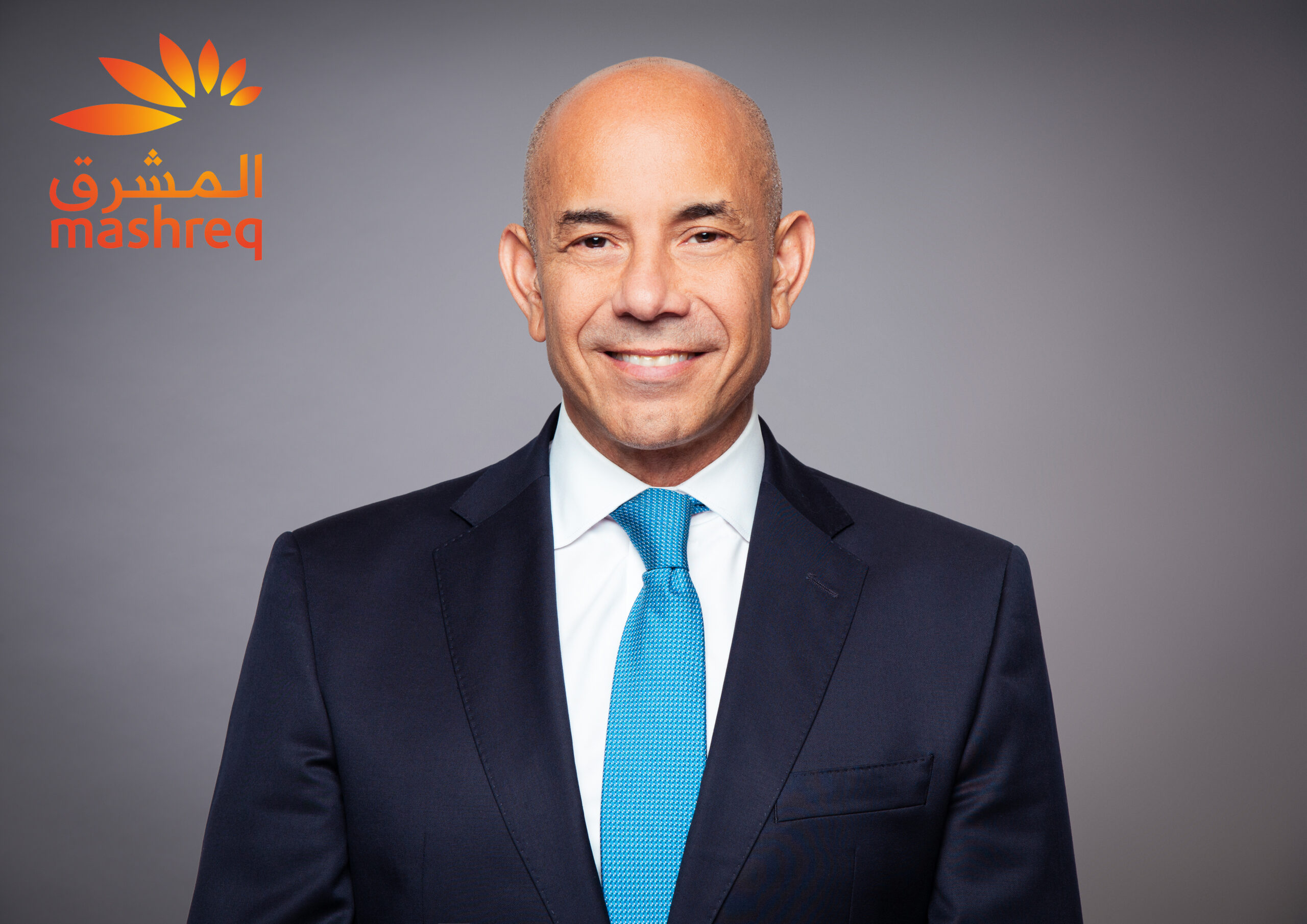Over the past seven years, Egypt has been one of the fastest-growing and most reliable economies in the Middle East and north Africa.
Since 1994, GDP has expanded by 5% each year, inflation has fallen to 3% and the budget deficit has been kept below 4% of GDP. Exports have been weak but the resulting trade deficit has never been large enough to cause balance of payments or current account problems.
Whether or not Egypt can maintain this impressive performance however is now a matter of some debate.
Thanks for your interest in Euromoney!
To unlock this article:



